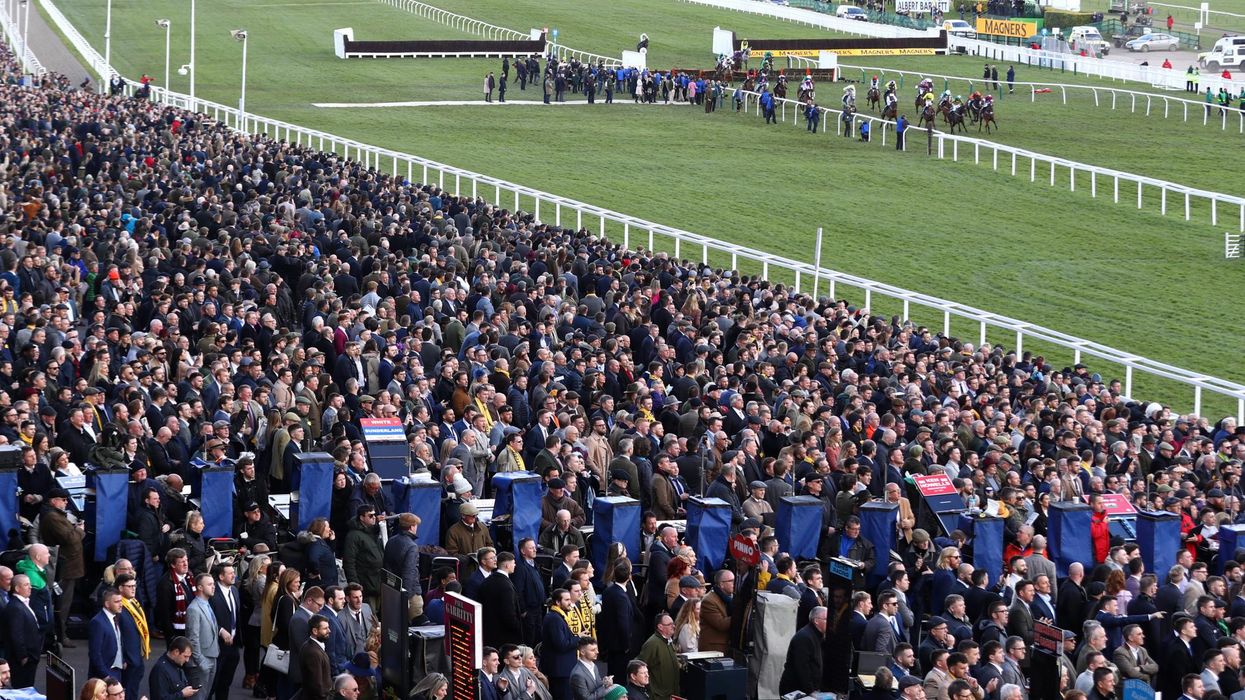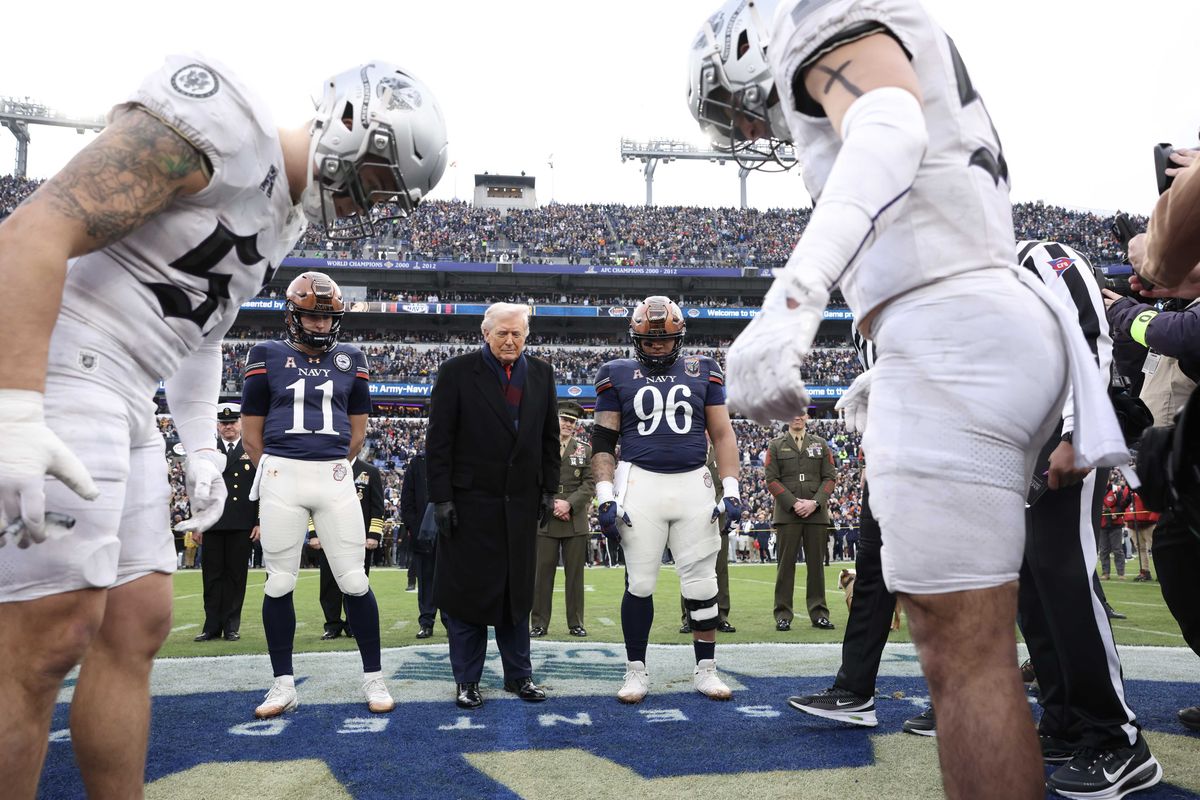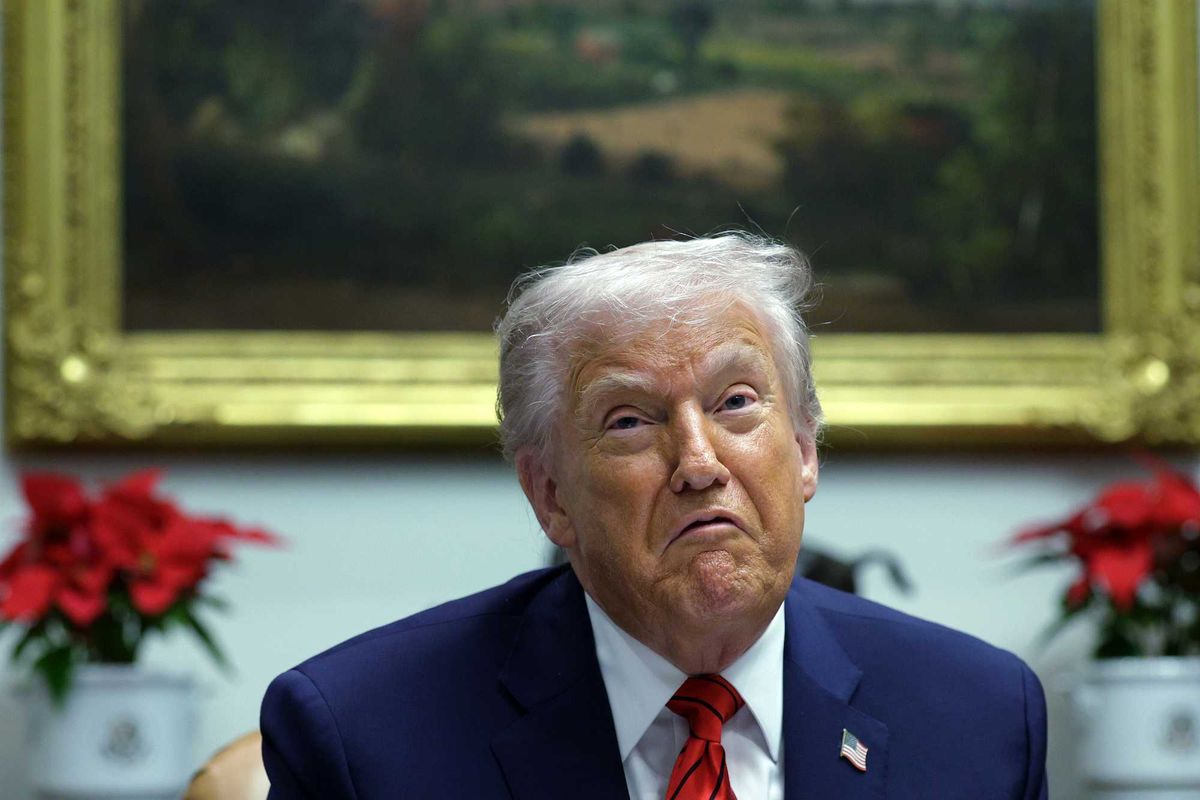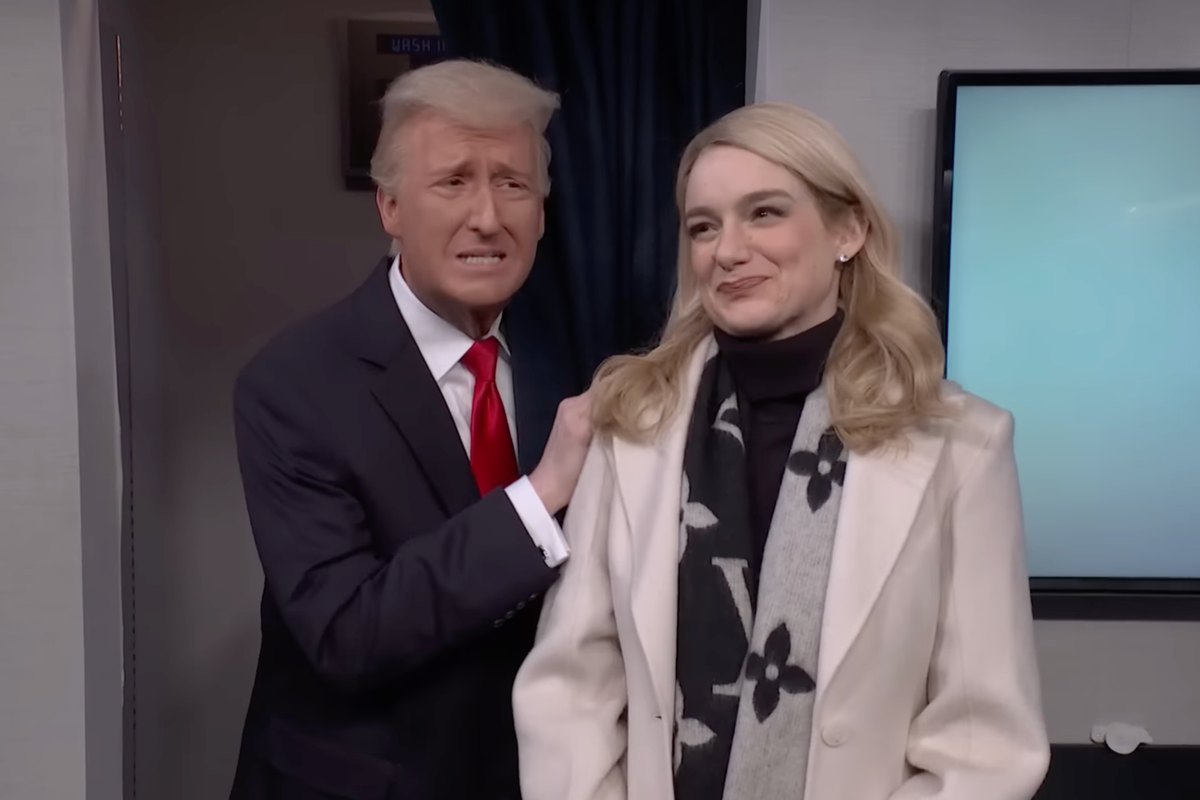News
Moya Lothian-McLean
Apr 24, 2020

Getty
Accusations have been mounting up that the government was slow to act at the outbreak of the Covid-19 crisis.
Many of these mention the highly-criticised decision to allow Cheltenham Festival – the second biggest event in the horse racing calendar – to go ahead across four days on the 10 to 13 March.
Despite concerns at the time, the meet went ahead, with organisers citing Boris Johnson’s recent trip to watch rugby at Twickenham and government guidance for “business to continue as usual” as reasons why they ploughed ahead with the event.
Organisers also referenced advice by Scotland’s Chief Medical Advisor, Catherine Calderwood, who said mass gatherings had “little impact” on the virus spread. This contradicted WHO advice to postpone or reduce mass gatherings.
Over 250,000 people attended Cheltenham, which ended just four days before lockdown measures were introduced on 16 March.
Now a reporter has uncovered evidence that seems to suggest Cheltenham did have a sizeable impact on coronavirus spread – and at one point the neighbouring postcode had the highest amount of hospital admissions in the country.
EXCLUSIVE: A leaked data map shows the highest number of confirmed coronavirus hospital admissions in Gloucestershi… https://t.co/PJwcRSNP9O— Leigh Boobyer (@Leigh Boobyer) 1587644653
First reported by Leigh Boobyer in Gloucestershire Live, the map – which is OS data leaked to the Local Democracy Service – shows that the GL52 postcode area neighbouring Cheltenham Racecourse had the highest number of hospital admissions in Gloucestershire as of 3 April.
Twenty-seven people were apparently hospitalised within the area.
In addition, the GL51 postcode, which is where the Cheltenham Spa Railway Station is located, claimed the spot for the second highest total of admissions.
Together, the two “hotspots” apparently made up a quarter of hospital admissions for the entire county.
Gloucestershire is also reportedly the “most affected county in the least affected region”, with 989 know Covid-19 cases and 147 attributed to it.
In response, the Jockey Club said it had followed "clear guidance from the Government and science experts", as well as introducing “special hygiene measures” for the event.
On Monday, culture secretary Oliver Dowden defended the decision to allow Cheltenham to go ahead during an appearance on Good Morning Britain, blaming guidance given at the time.
The scientific evidence we were being given was that, at a mass gathering, the threat at a mass gathering relates to the people who immediately surround you - the people in front of you and behind you.
The risk at mass gatherings was no greater or less than it would have been in pubs or restaurants, and the advice at that point was that we did not need to ban mass gatherings.
However, he admitted that the government approach had changed “as the situation developed”.
As the situation developed, the scientific advice changed and we changed our guidance off the back of it.
But mass gatherings are not different to any of those other events I described and at the appropriate moment we took the decision to close pubs, to close restaurants.
There are now calls from health experts for an inquiry into the decision.
“[It] deserve to be properly investigated,” said Professor John Ashton, former director of public health for Cumbria.
“We know the Festival went ahead and a lot of people will have attended and worked there. It’s important we learn about what the potential is for coronavirus transmission at public events”.
The list of potential inquiries are mounting up...
Top 100
The Conversation (0)













